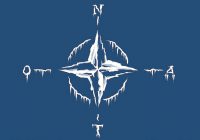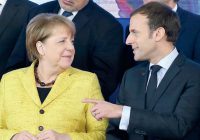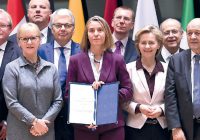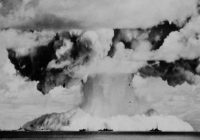In mid-December the European Council authorized Brexit negotiations to move from a divorce settlement to forging a new relationship between the European Union and the United Kingdom. The clock is ticking. Brussels and London have barely a year left to lay the foundations for their future partnership. Failure to do so would have disastrous strategic consequences for European prosperity and security.
There are areas, such as the Single Market, that …





